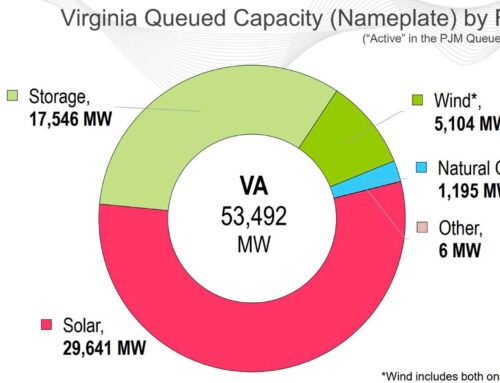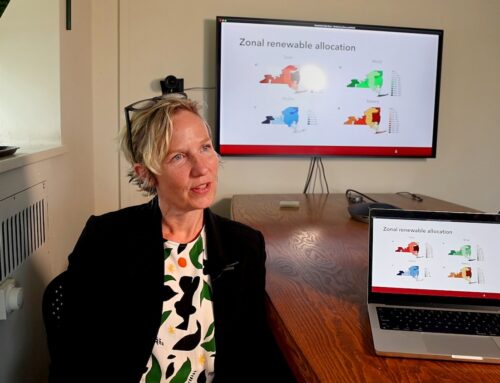Analysis: New nuclear tech distracts from proven renewable energy
November 19, 2024
New nuclear power options are getting a lot of attention but analysts said the unproven options could distract from readily available renewable energy options.
Big Tech companies with growing energy demands from technology, like artificial intelligence, have recently announced support for new nuclear efforts, including Amazon’s support for a plan in Washington state. The plans involve technology called small modular reactors, which are smaller than typical nuclear reactors.
Dennis Wamsted, energy analyst at the Institute for Energy Economics and Financial Analysis, said the technology likely would not come online until 2030 or later in the U.S.
“It’s a great marketing tool. There’s no actual there, there yet,” Wamsted asserted. “There are no operating small modular reactors in the United States or in Europe. There’s one or two in Russia and one in China.”
Wamsted recently analyzed what he called the hype surrounding small modular reactors. He noted the projects may be distant energy solutions and distract from solar, wind and geothermal plants, which are already proven to work.
Wamsted acknowledged tech companies should be applauded for their clean energy goals, which are among the most aggressive of any industry. But when it comes to small modular reactors, there are a lot of hurdles to starting up, including regulatory barriers.
“The safety license is given to you by the Nuclear Regulatory Commission, which has a process,” Wamsted explained. “It is a relatively time-consuming process. It may be more time-consuming for companies like X Energy because their reactors have never been licensed before.”
Wamsted added while we could wait a decade for small modular reactors to produce energy for the first time, there are solar projects, for instance, that have gone from announcement to commercial operation in two years.
“Focus on the availability now of renewables and continue to fund the SMRs,” Wamsted urged. “But be up-front about the fact that they’re not a solution for the rapid demand growth that we’re going through in the United States right now.”
Search
RECENT PRESS RELEASES
Related Post



